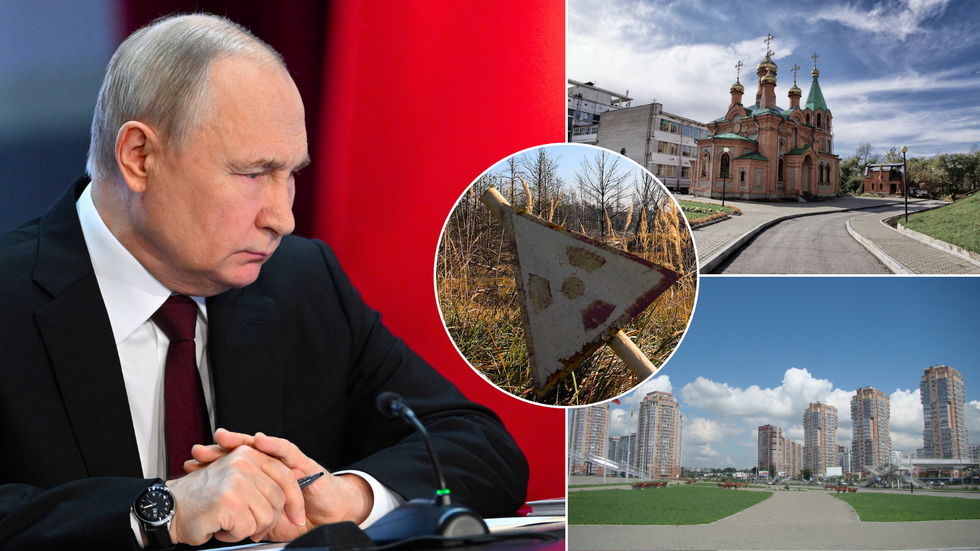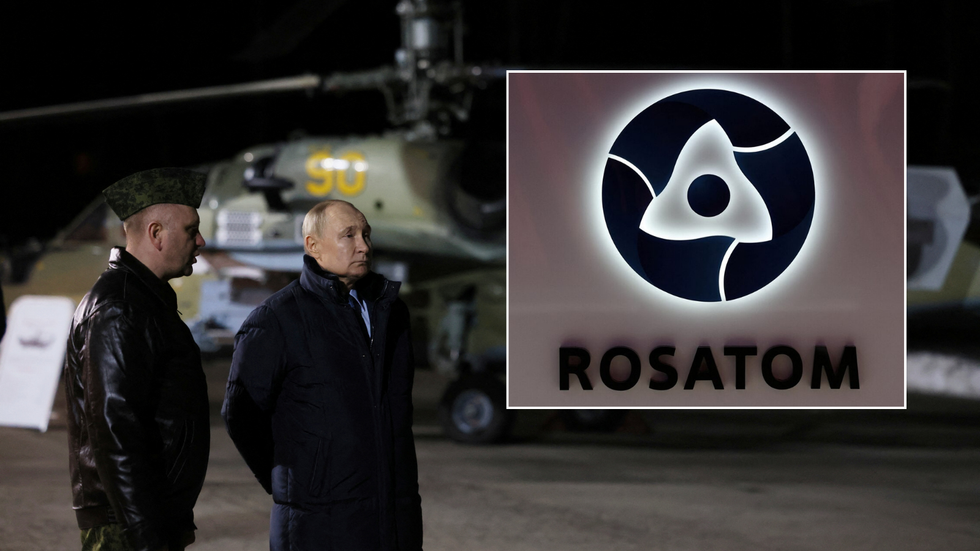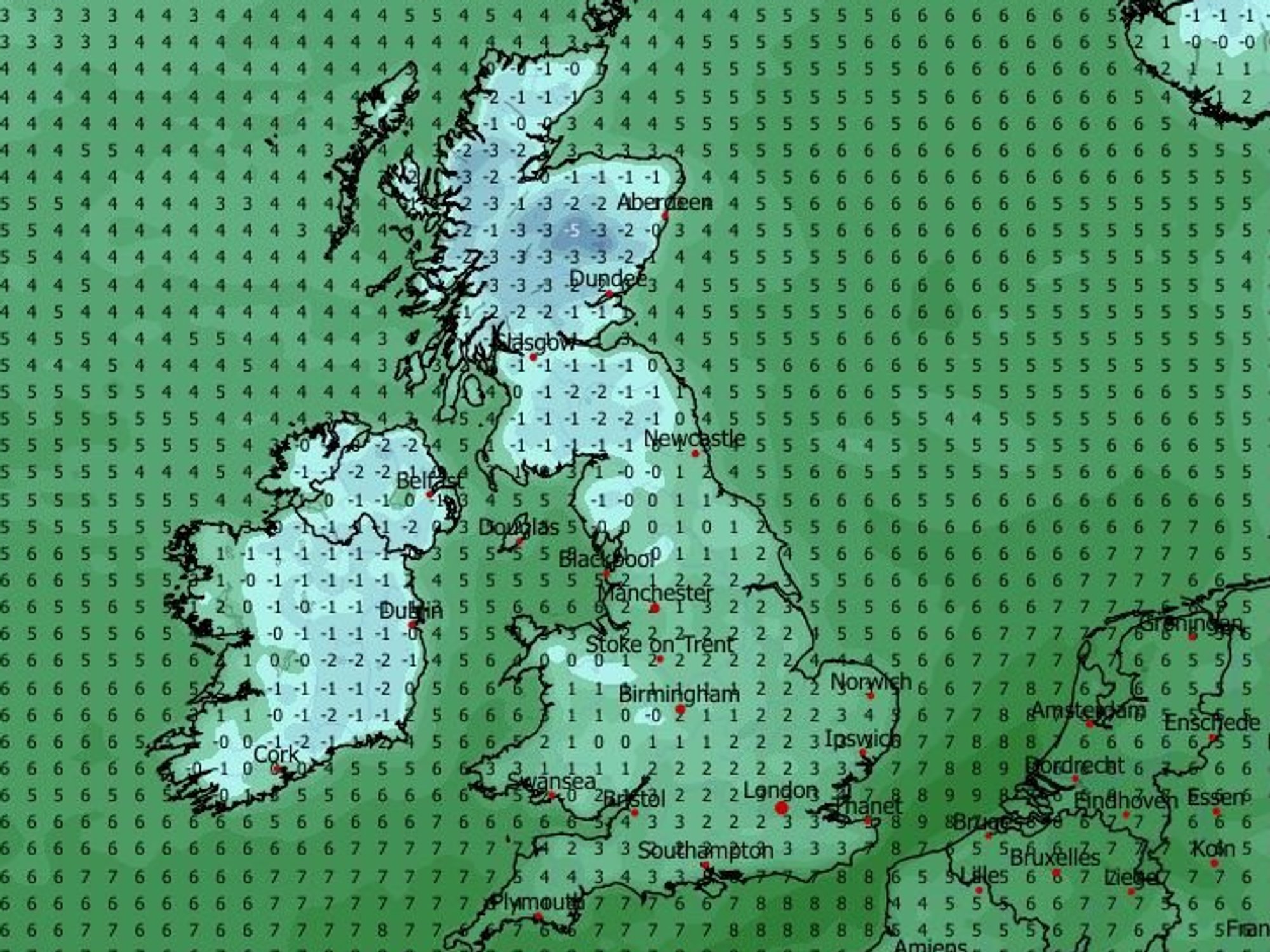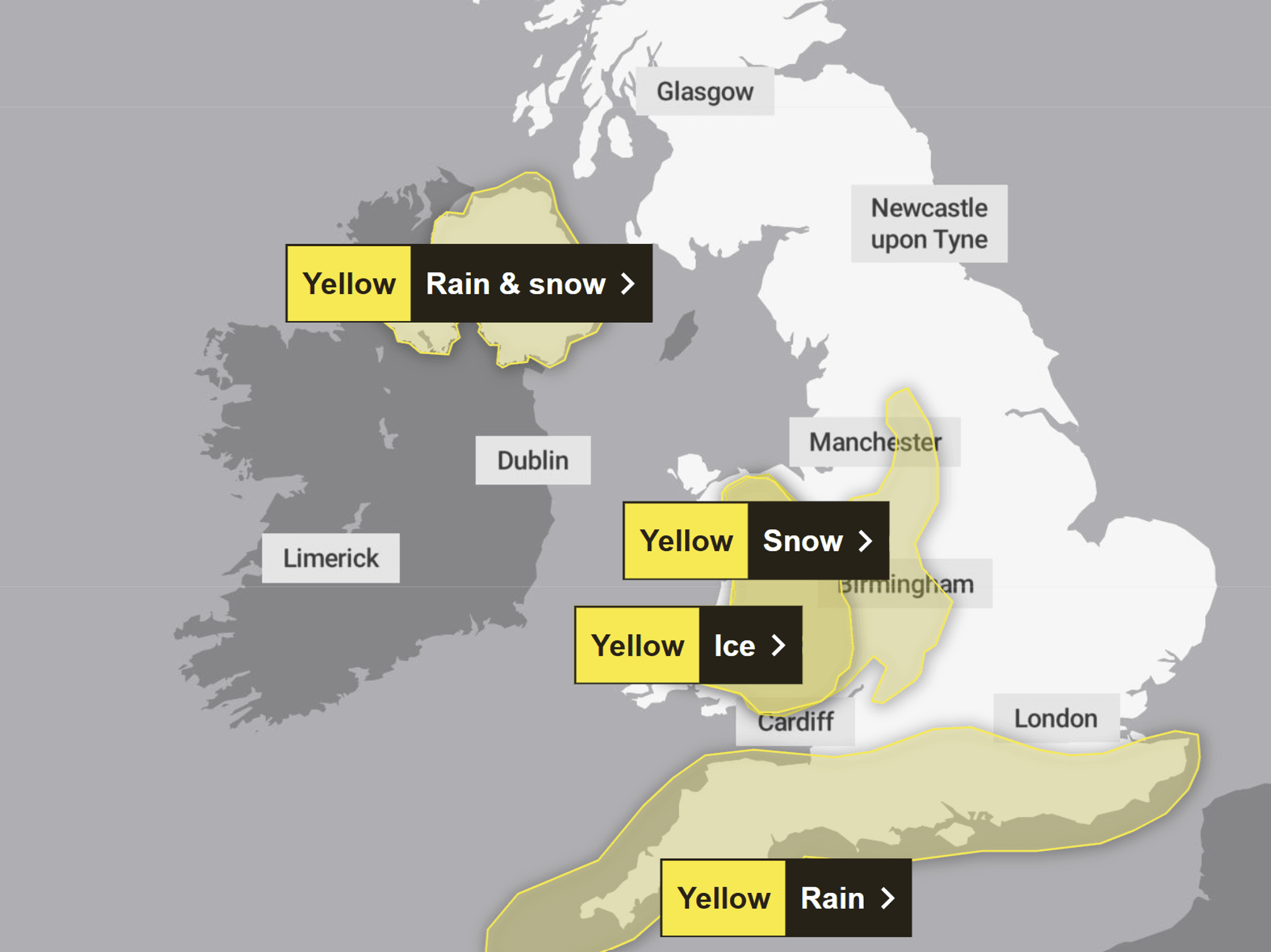Russia issues urgent 'state of emergency' alert after mysterious radiation leak

The source of the potentially deadly radioactive leak is currently unknown, with authorities scrambling to cordon off the area
Don't Miss
Most Read
A Russian city has announced a state of emergency following a mysterious radiation leak.
High radiation levels had been found near a pylon just over a mile away from Khabarovsk, just over the Chinese border, earlier today, according to reports.
Authorities have cordoned off the affected area, but the source of the potentially deadly radioactive leak is unknown and has not yet been made public.
Andrey Kolchin, Khabarovsk's head of civil defence, said: "A source of increased radiation levels was discovered… the area was cordoned.
 The leak reportedly took place just over a mile outside the Russian city of Khabarovsk | Wikimedia Commons/Reuters
The leak reportedly took place just over a mile outside the Russian city of Khabarovsk | Wikimedia Commons/Reuters"It was decided to introduce a state of emergency in Khabarovsk to carry out work faster."
Authorities added the source of radiation had been "removed and placed in a protective container" before being taken to an appropriate waste storage facility.
No one had been injured or exposed to radiation and "there is no threat to the health of citizens", Russian state-run media agency Tass quoted a local branch of Russia's consumer safety watchdog as saying.
It said radiation levels would be monitored for the next two days and the source of the radiation would be investigated.
RUSSIA IN CHAOS:

A Rosatom-run source assured Russians there was "no environmental pollution and no threat to society"
|Reuters
It has taken up to a week for Khabarovsk authorities to act on initial reports of the leak, sources have suggested.
One person had allegedly flagged a spike in radiation readings near the city to authorities as far back as March 28 - over a week before a state of emergency was finally declared.
Footage emerged on Russian-language social media accounts of a man in radioactive protection gear holding some form of radiation reading equipment - which spiked as the man walked past what was called a "waste dump".
The equipment's alarm began sounding at 0.45 microsieverts - the unit which measures ionising radiation - and and the highest reading visible on-screen in the footage was 5.99.
But the man in the video could be heard saying a reading of 20 had been taken - enough to increase the risk of cancer had he remained in the area for long enough.
A source at Radon, an organisation run by Russia's state-administered nuclear firm Rosatom, said: "The radiation source was removed and placed in a protective container, transported to a radioactive waste storage facility.
"There is no environmental pollution and no threat to society."











